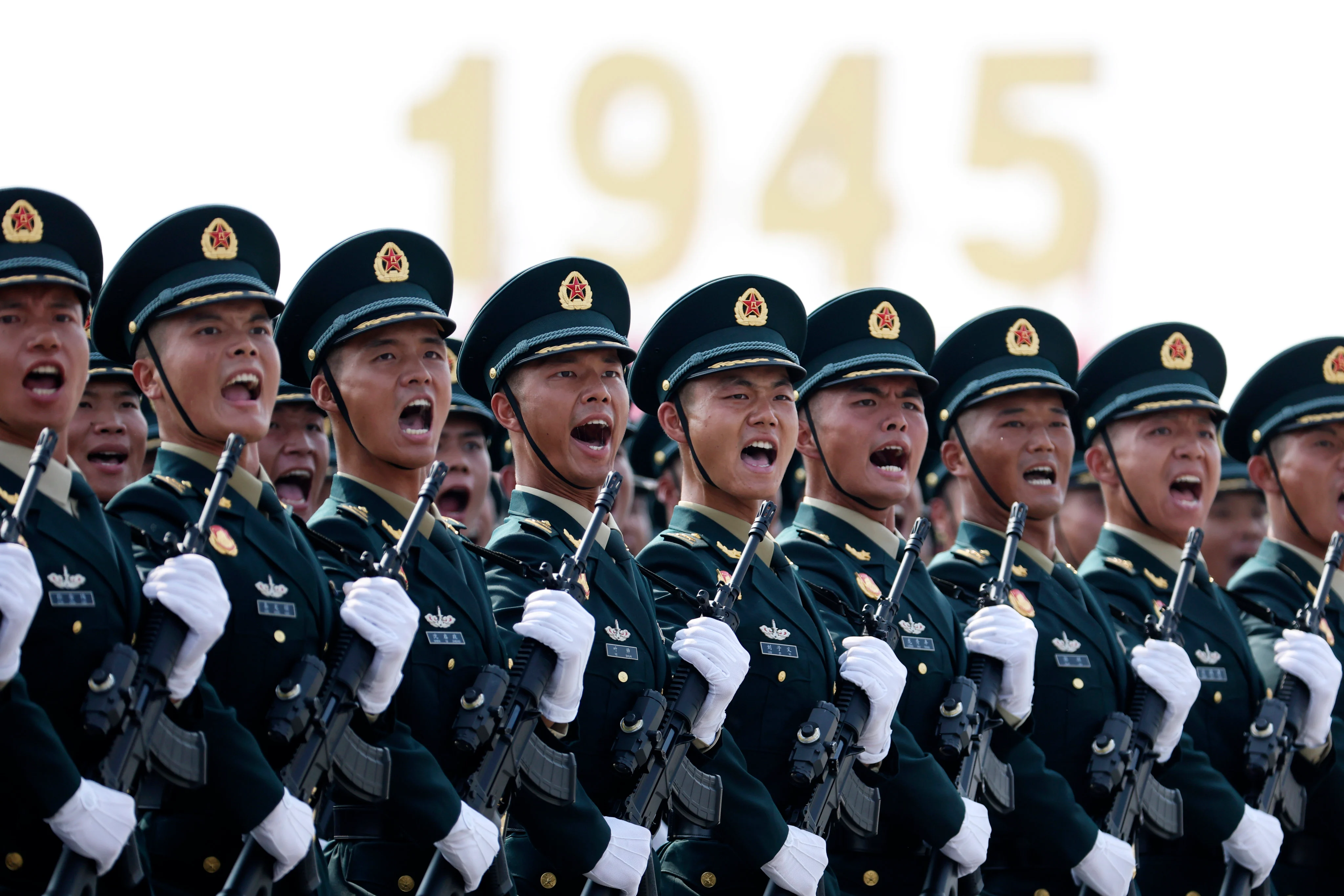By Alcott Wei
Copyright scmp

The People’s Liberation Army Rocket Force has terminated nearly 200 partnerships with experts and suppliers, following an investigation into procurement corruption covering the past nine years, as scrutiny of the troubled military branch continues.
The official China Government Procurement News reported on Tuesday that between August 28 and September 1, the rocket force made announcements on the military procurement network, banning 74 bid evaluation experts and 116 suppliers.
Some suppliers and experts were banned from rocket force procurement projects, while others were stripped of qualifications that had entitled them to bid for projects across the entire PLA.
According to the report, the earliest violation identified was in 2016, when an expert was disqualified from bidding in procurement tenders because of “errors in the project review”.
The rocket force was established in December 2015 as part of President Xi Jinping’s military reforms. The branch oversees some of the PLA’s most important assets, including China’s strategic nuclear missiles.
The PLA’s intensive review of the military equipment procurement sector began after the downfall of former defence minister Li Shangfu in 2023, with a series of corruption investigations.
Li, who worked for decades in the PLA’s equipment department, was criticised by Beijing for “seriously polluting the political environment of the military equipment sector”.
The rocket force and the equipment procurement department have become the main targets of the Communist Party’s anti-corruption drive, with successive investigations into senior officials from the PLA and the defence industry.
Among them have been three rocket force commanders: Li Yuchao, Zhou Yanin, and Wei Fenghe. The latter served as defence minister from 2018 to 2023.
In July 2023, the equipment development department of the powerful Central Military Commission – the top military leadership body chaired by Xi Jinping – called on the public to report violations in the bidding and review process.
The notice asked for information dating back to October 2017 – one month after Li became head of the equipment development department.
According to the report, most of the experts named on the PLA’s official procurement site were punished for “evaluation errors that affected review results”.
However, Xu Yuanzhao was singled out and criticised in the report as a “broker”, which refers to an intermediary who neither owns the product nor controls its price or sales terms, instead acting as a go-between.
The report noted that experts are supposed to remain objective and neutral when making their evaluations. Becoming a “broker” would have a severely negative impact on procurement orders, it said.
In addition to the permanent ban on Xu from reviewing military procurement projects, any companies that he held shares in or managed were also prohibited from taking part in any such activities.
Two other experts were cited for “biased scoring in bidding”, while another was banned for “forging credentials”. Most suppliers were penalised for “collusive bidding” and “submitting false materials”, the report said.
Among the suppliers were some central state-owned enterprises. China Communications Construction Beijing Engineering Bureau engaged in bid rigging in military procurement projects.
The Class-A enterprise – which has undertaken Chinese aid construction projects in countries such as Cambodia and Equatorial Guinea – was suspended from taking part in rocket force procurement of materials and engineering services.
China Postal Express & Logistics, a subsidiary of China Post, was disqualified from procurement across the entire military for submitting false materials in bidding, according to the report.
Other PLA departments have issued similar statements on the military procurement website, with more than 5,000 enterprises disqualified for irregular transactions going back to 2015, including companies in the electronics, catering and pharmaceutical sectors.
Last year, three universities closely tied to the defence sector were banned from rocket force procurement for three years after being implicated in collusive bidding.



